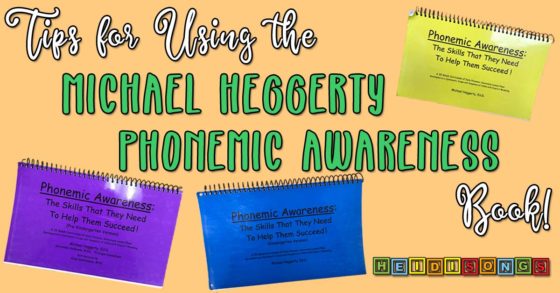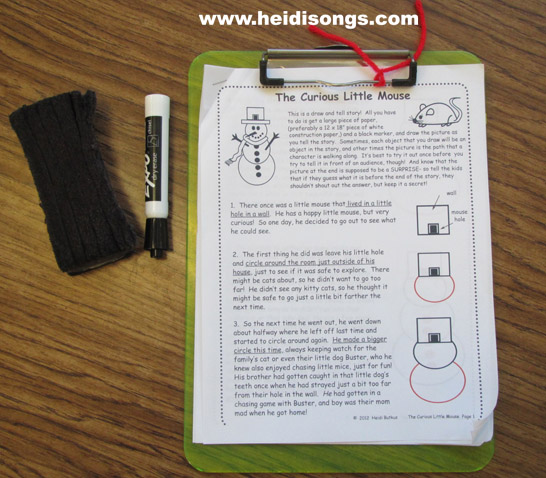Why Do Some Children Do More Poorly on Writing Tests at School Than They Do At Home?
Have you heard the news? We've Moved to HeidiSongs.tv!
Our new website features an online video streaming service, updated blog posts at Heidisongs.blog, and a wealth of fresh resources designed to make learning even more fun and engaging.
You can also continue shopping for our educational products there and at our Teachers Pay Teachers store!
Head over to HeidiSongs.tv now and explore all the exciting new features.
See you there!
__________________________________________________________________________
Why do young children often do much worse on writing tests at school than they do at home? This is a very frustrating thing for many parents! Hopefully, this blog post will shed some light on this question, and also help you understand the developmental stages that children pass through as they learn to write.
Children learn at a very rapid rate during early childhood, and are continually passing through many stages as their writing develops. Even if parents and teachers coach children to do certain things on tests at school, children generally revert to their true developmental stage in both reading and writing once they are left to do the task completely on their own. In my opinion, this is really the main reason why young children tend to do more poorly on writing tests given at school than at home when they are given even the slightest bit of coaching from their loving parents.
Children Pass Through Many Phases on Their Journey to Become Writers
The above “Developmental Progression of a Child’s Writing” chart is similar to a writing rubric, (which is like a scoring chart.) I am including it as a free download for you today. Actually, I think that much of it could be used as an acceptable rubric for Pre-K writing. It really divides up the different phases that a child goes through into some (hopefully) easy to visualize stages that you might be able to use to explain to parents where a child is at in his or her journey to become a writer.
Check out this video I created that shows a child's writing sample from nearly every week of my Kindergarten class several years back. This child made great progress, moving all the way from the Scribble Writing stage to the Transitional Writing stage in just one year! As wonderful as this is to see, you should know that this child's progress was not unusual! He simply made use of the tools we used in class to help him learn: the Sing and Spell the Sight Word Songs, and the Sounds Fun Phonics program. This type of progress happened every year that I taught Kindergarten, with many children even going well beyond what this wonderful little guy learned to do in writing!
I used a similar "Stages of a Child's Writing" chart like the one above at a parent conference a few years ago. Here was the question: Why does my child perform so poorly on writing tests, when I know he can do better on writing at school and at home, given just a little bit of encouragement? My answer was this: “When you release the child to do the assignment completely and totally on his or her own, then you see exactly where the child “is at,” according to the developmental stages of the chart. We know that the child may be capable of more when given some gentle nudges and reminders in a homework or guided writing/instructional situation. But, when released to write for pleasure, or when writing completely alone in a testing situation, the child then “reverts” to where he or she is truly “at” developmentally. And I can only count what the child can do alone on the report card.”
This was an “ah-ha moment” for the mother, and after that she seemed far less frustrated with the child’s apparent “lack of progress” in writing. Her wonderful little boy had, after all, a late fall birthday, and had only turned five in October. No wonder he was still just copying environmental print for fun! Intellectually speaking, he “knew better,” but the stage of Environmental Print was just “where he was at” developmentally speaking by February the following year. And really, there’s just nothing wrong with that! He just needed a little more time. Fortunately, his mother was wise enough to see that and give it to him. This smart, wonderful little boy needed another year in Kindergarten, and he got it.
- Heidi
----------------------------------
Follow me! Did you enjoy this post? Do me a favor and share it with your friends! And follow this blog by signing up for my email updates here, or follow on Bloglovin', or follow me on TPT! I'm also on Pinterest, Facebook, Twitter, Instagram, Google+ and YouTube, too! Don't forget to sign up for our email newsletter for special deals and promo codes that you won't find out about anywhere else.













